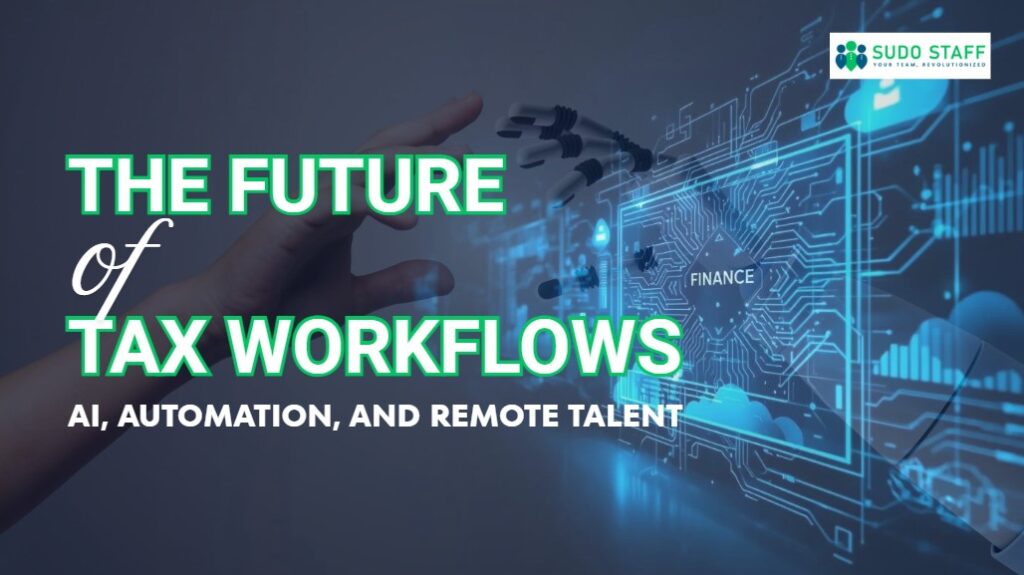Each year, Australian tax season brings the same challenges: growing compliance demands, tighter deadlines, and an overwhelming workload for accounting teams. For many firms, the result is late nights, stressed staff, and increased risk of errors. But the landscape is changing — and firms that embrace a hybrid approach are finding ways not just to survive, but to thrive.
AI’s Growing Role in Accounting
Artificial Intelligence is no longer an abstract concept. It’s embedded in the accounting platforms firms already use every day. Xero, MYOB, and QuickBooks have integrated AI to automate reconciliations, detect errors, and capture invoices more efficiently. Some firms are also experimenting with generative AI to draft client correspondence or summarise financial data.
These advancements save time, reduce manual data entry, and streamline compliance. But AI has its limits. Software may highlight anomalies, but it cannot interpret tax law changes, apply nuanced judgment, or handle client queries with the empathy and clarity that only a human can deliver.
Why Humans Still Matter
Automation solves part of the problem — but not all of it. Tax season is as much about managing people and processes as it is about crunching numbers. Clients want reassurance. Regulators demand compliance. And firms need to keep staff engaged and motivated, not burnt out.
This is where human oversight remains critical. AI can process information quickly, but it can’t decide how best to present tax advice to a nervous client or ensure that every compliance box is ticked. Firms that rely on technology alone risk exposing themselves to compliance breaches or reputational damage.
The Rise of Remote Professionals
The missing piece of the puzzle is people. For many firms, hiring locally has become increasingly difficult: recruitment times average more than 40 days for admin and support roles, and salaries continue to climb. Office space, superannuation, payroll tax, and retention challenges only add to the cost.
By contrast, remote accounting assistants and bookkeepers from the Philippines bring immediate value. Trained in tools like Xero, MYOB, Karbon, and FYI Docs, these professionals work in Australian time zones and integrate seamlessly into firm workflows. They can manage client onboarding, document collection, lodgment tracking, and compliance administration — freeing local accountants to focus on higher-value advisory work.
With strong English proficiency and a reputation for diligence, Filipino professionals provide the human element that AI cannot, ensuring accuracy, compliance, and client satisfaction.
The Hybrid Future of Tax Season
The firms that will thrive in future tax seasons won’t be those that rely solely on technology or those that insist on doing everything in-house. Success will come from a hybrid model:
- AI handles repetitive and transactional tasks.
- Remote staff provide organisation, compliance oversight, and client communication.
- Local accountants focus on strategy, planning, and advisory services that drive growth.
This balance allows firms to expand capacity quickly during tax season, protect staff from burnout, and deliver better service to clients. It also creates significant cost efficiencies, with offshore staffing delivering savings of up to 50% compared to in-house hiring.
Looking Ahead
Tax season doesn’t have to be a scramble. With the right combination of AI, automation, and remote staff, firms can transform their workflows, reduce stress, and improve both accuracy and client experience.
Firms that embrace this hybrid future are not just keeping up with change — they’re positioning themselves to lead in a more competitive, tech-driven market.
Ready to explore how remote accounting staff can complement AI in your firm? Book a free discovery call with Sudo Staff today.
